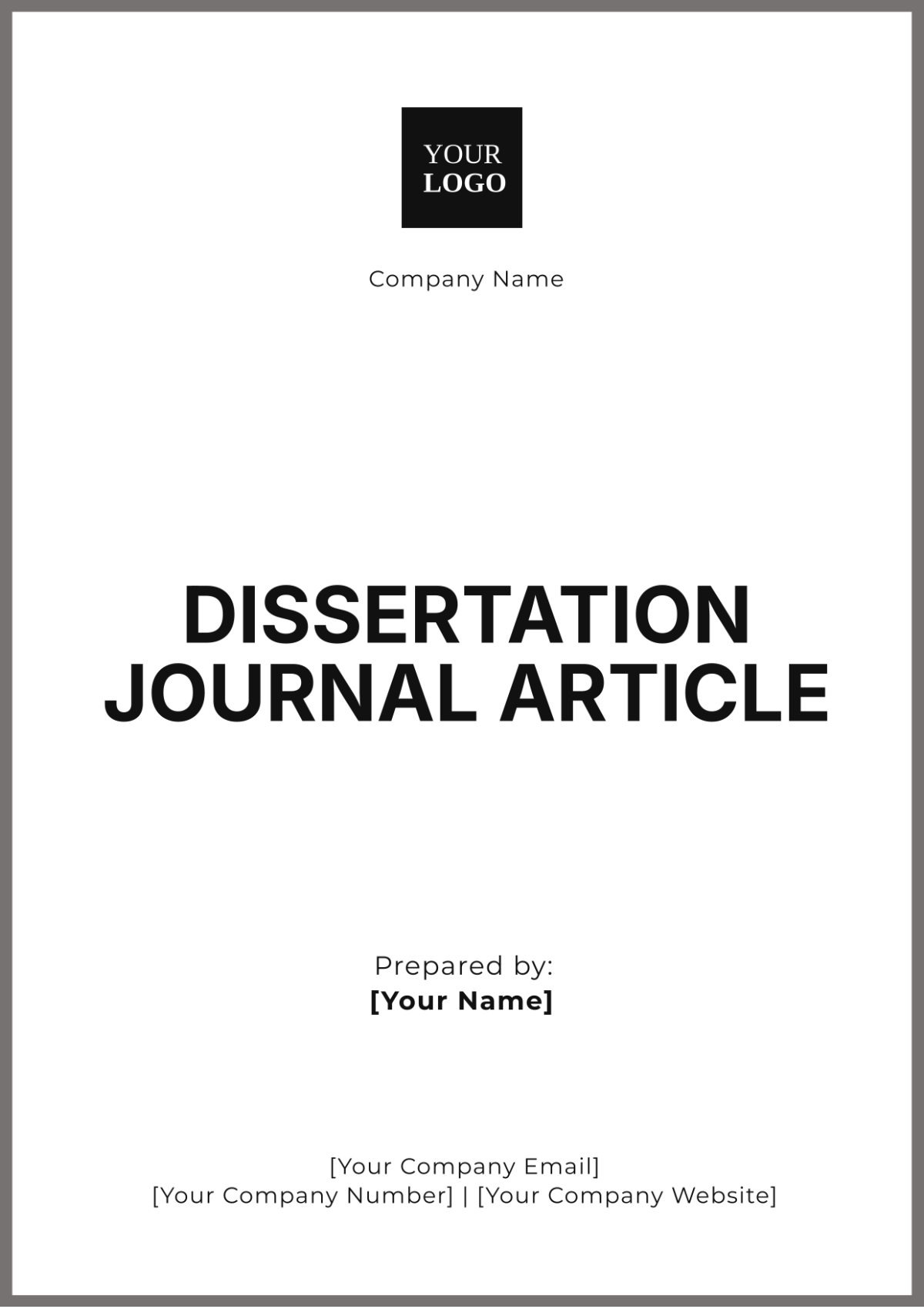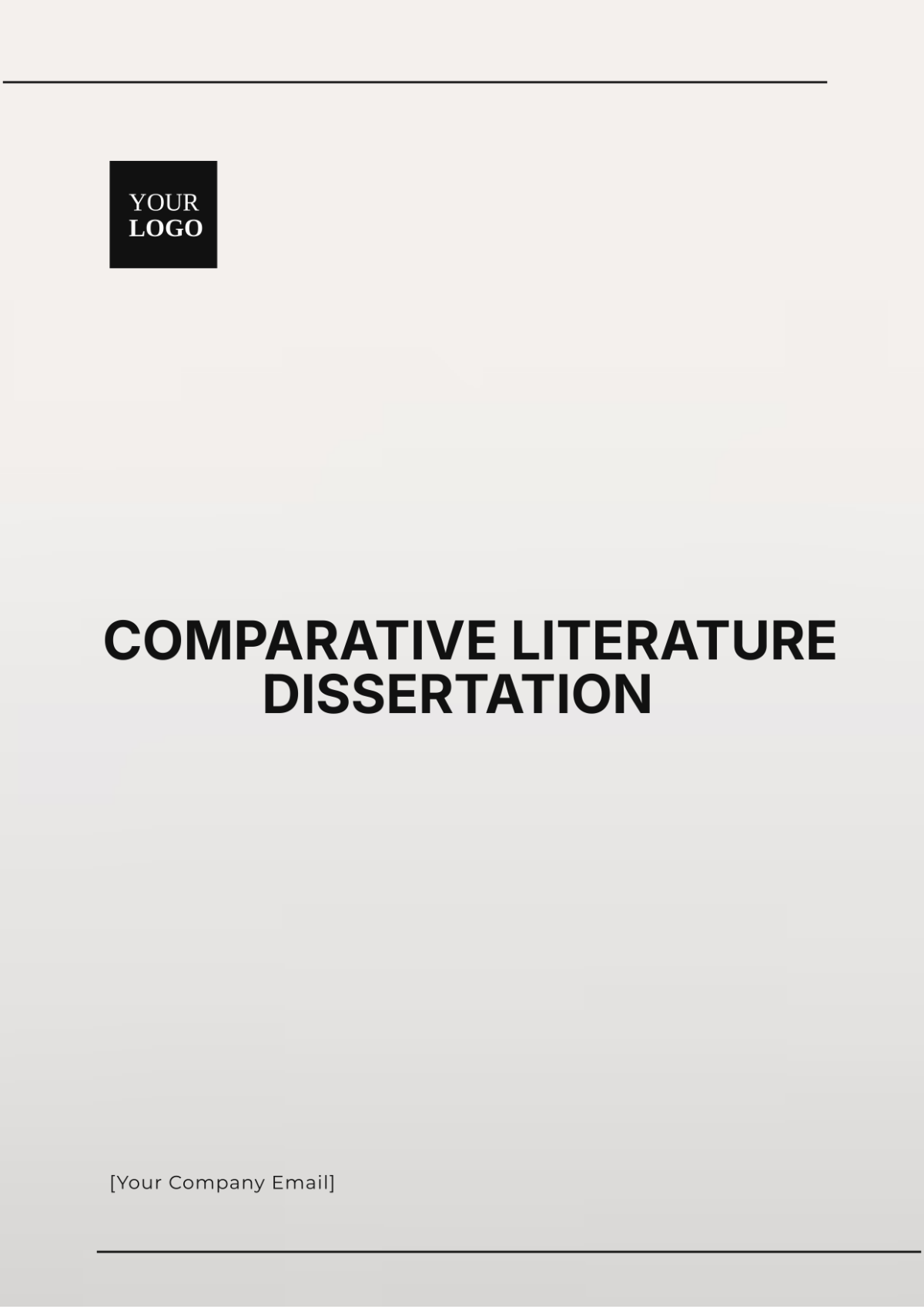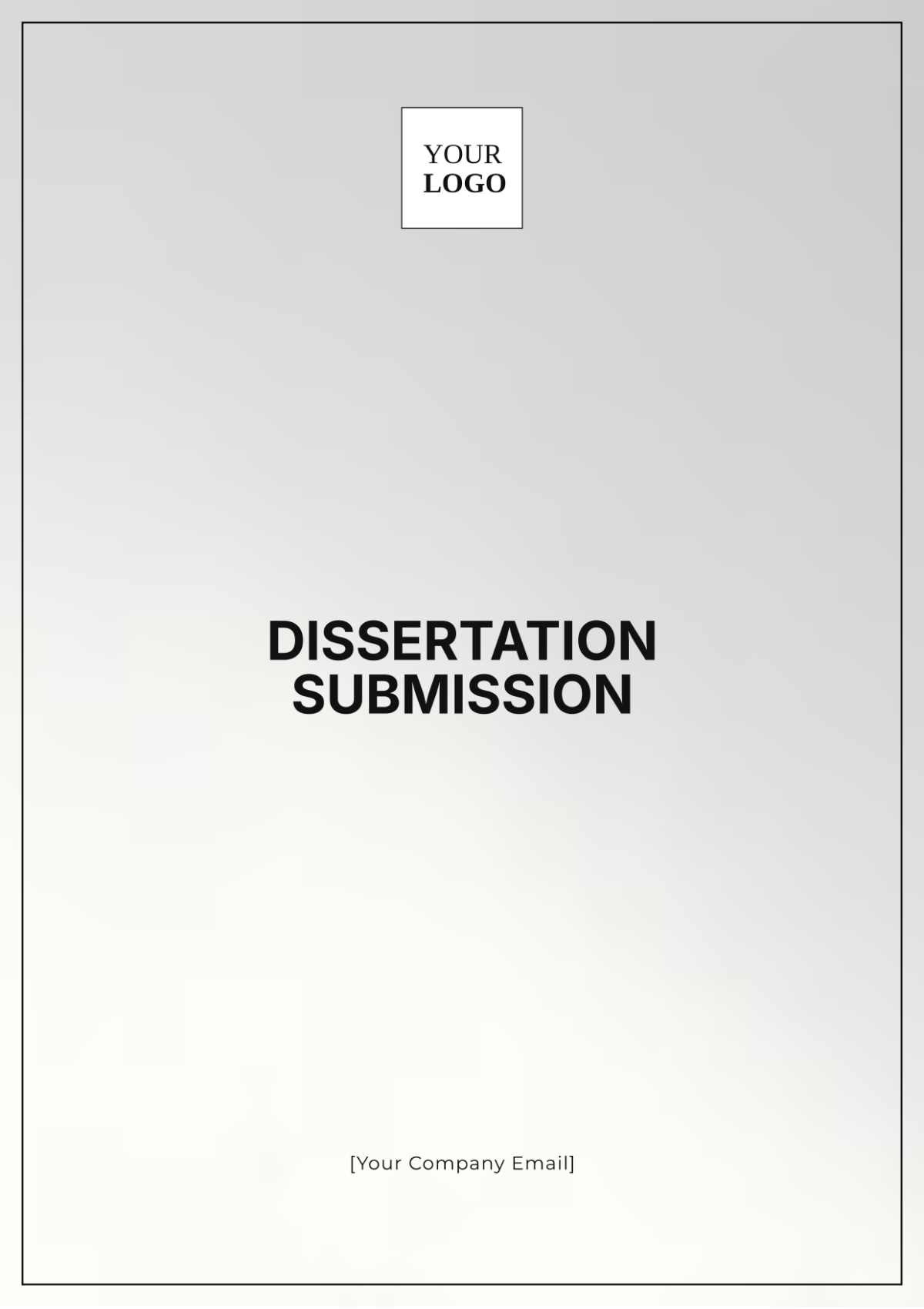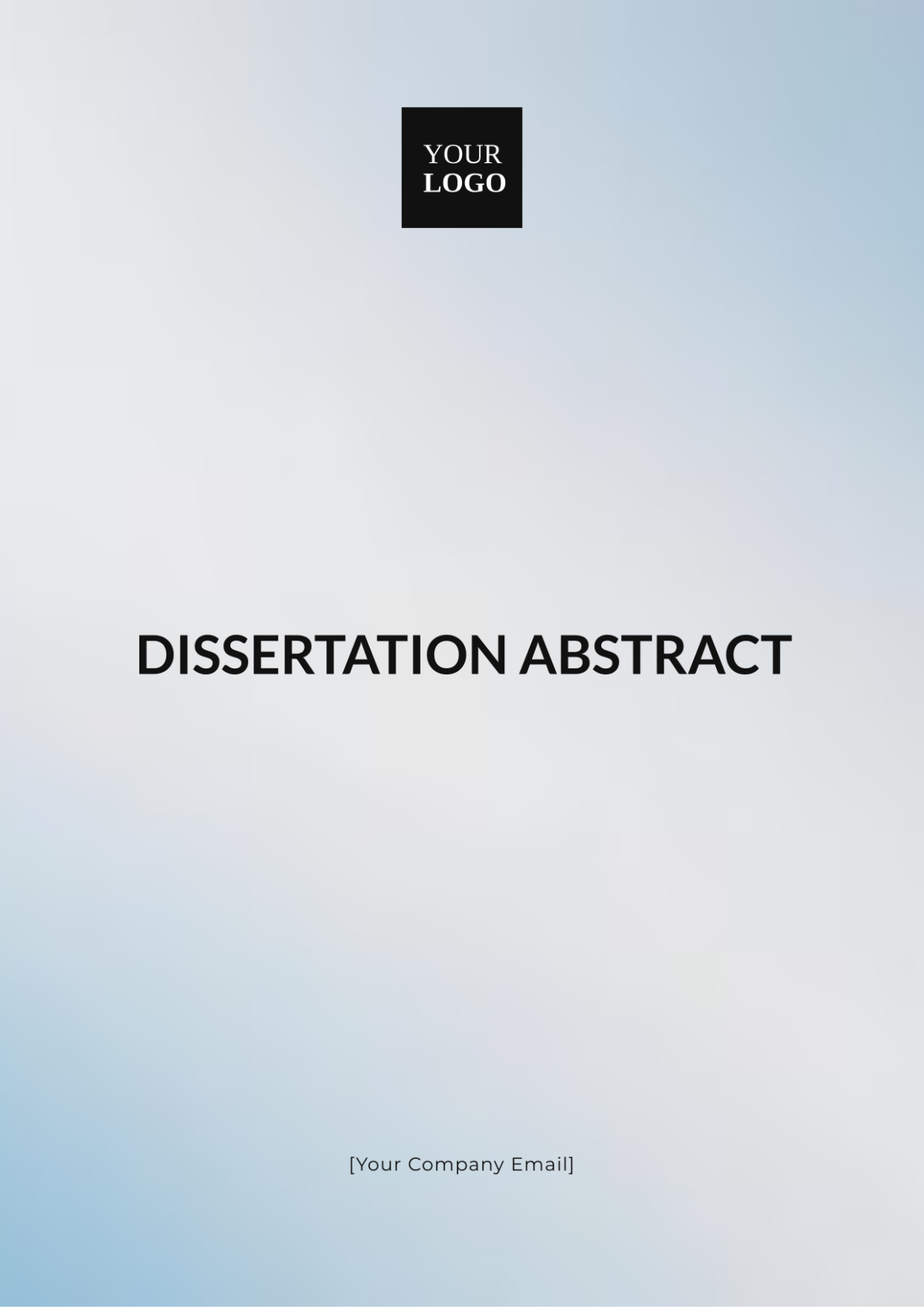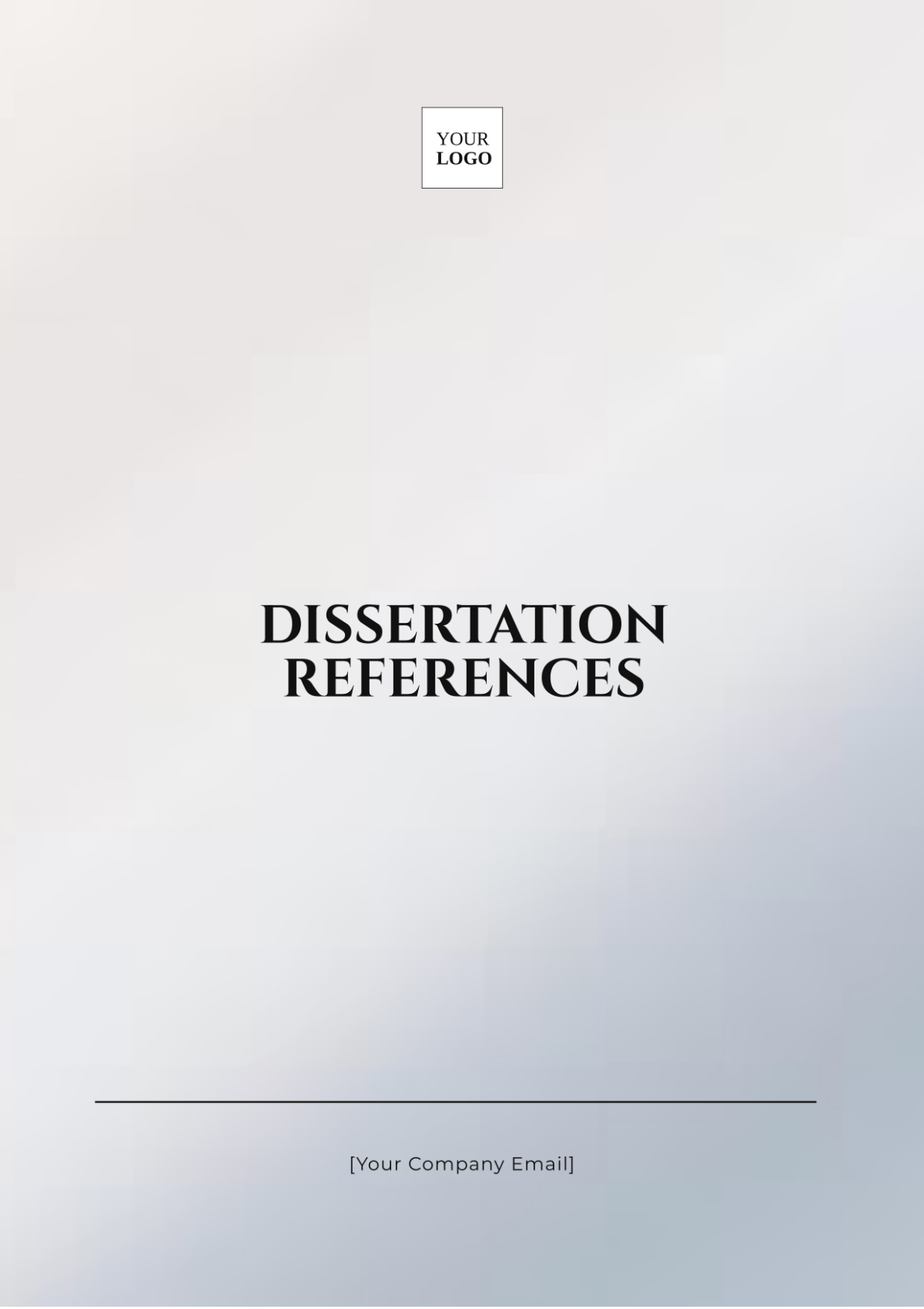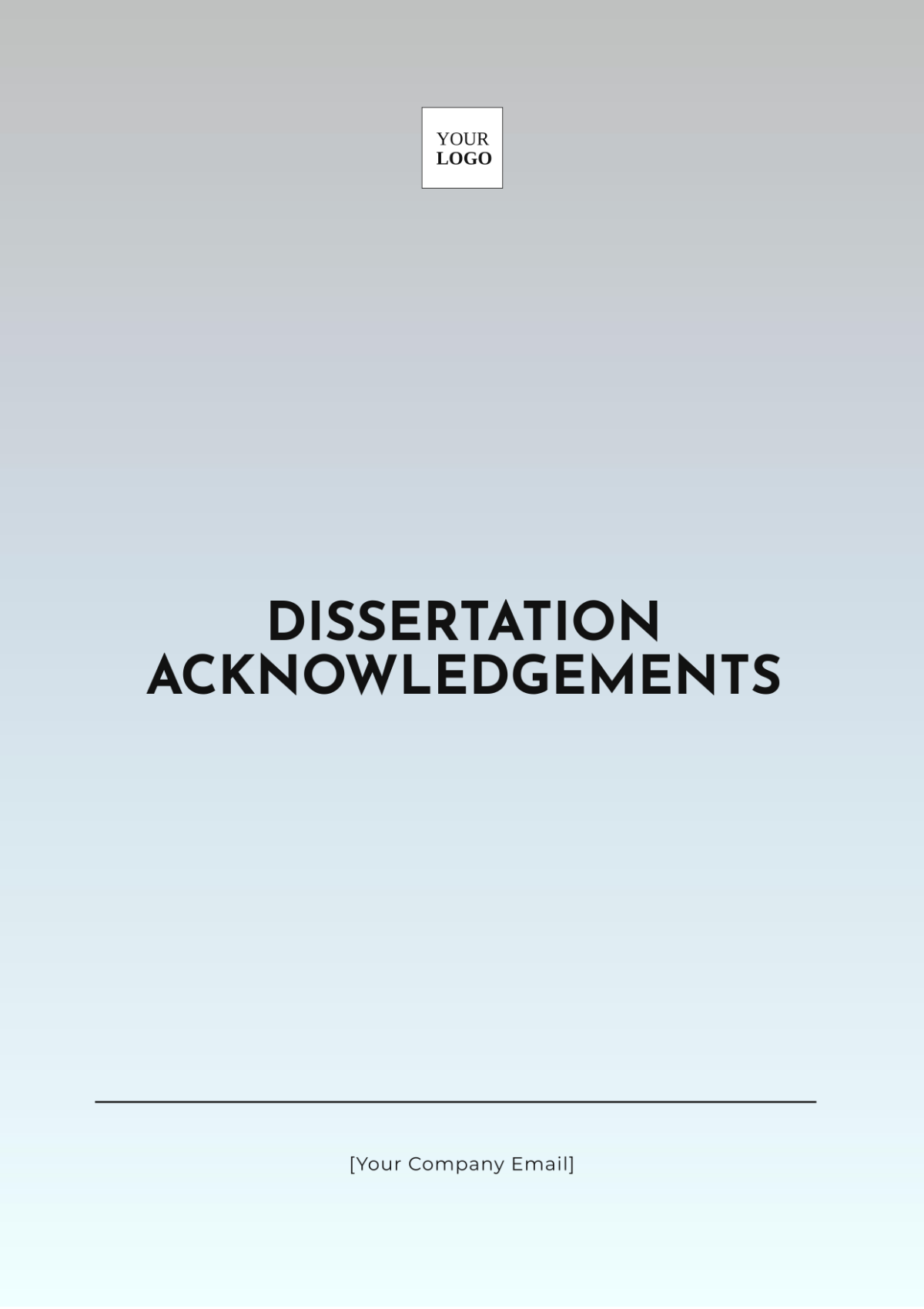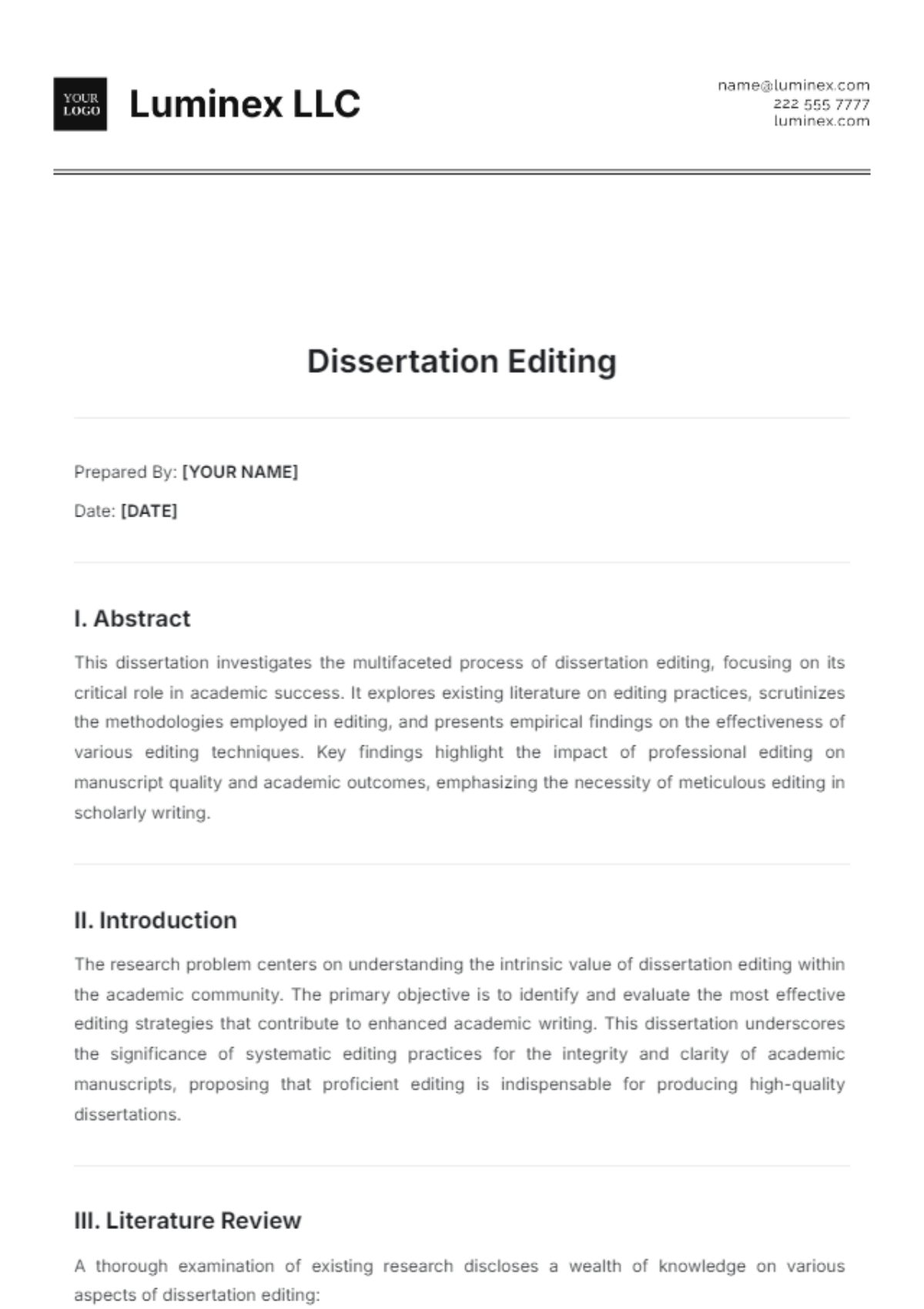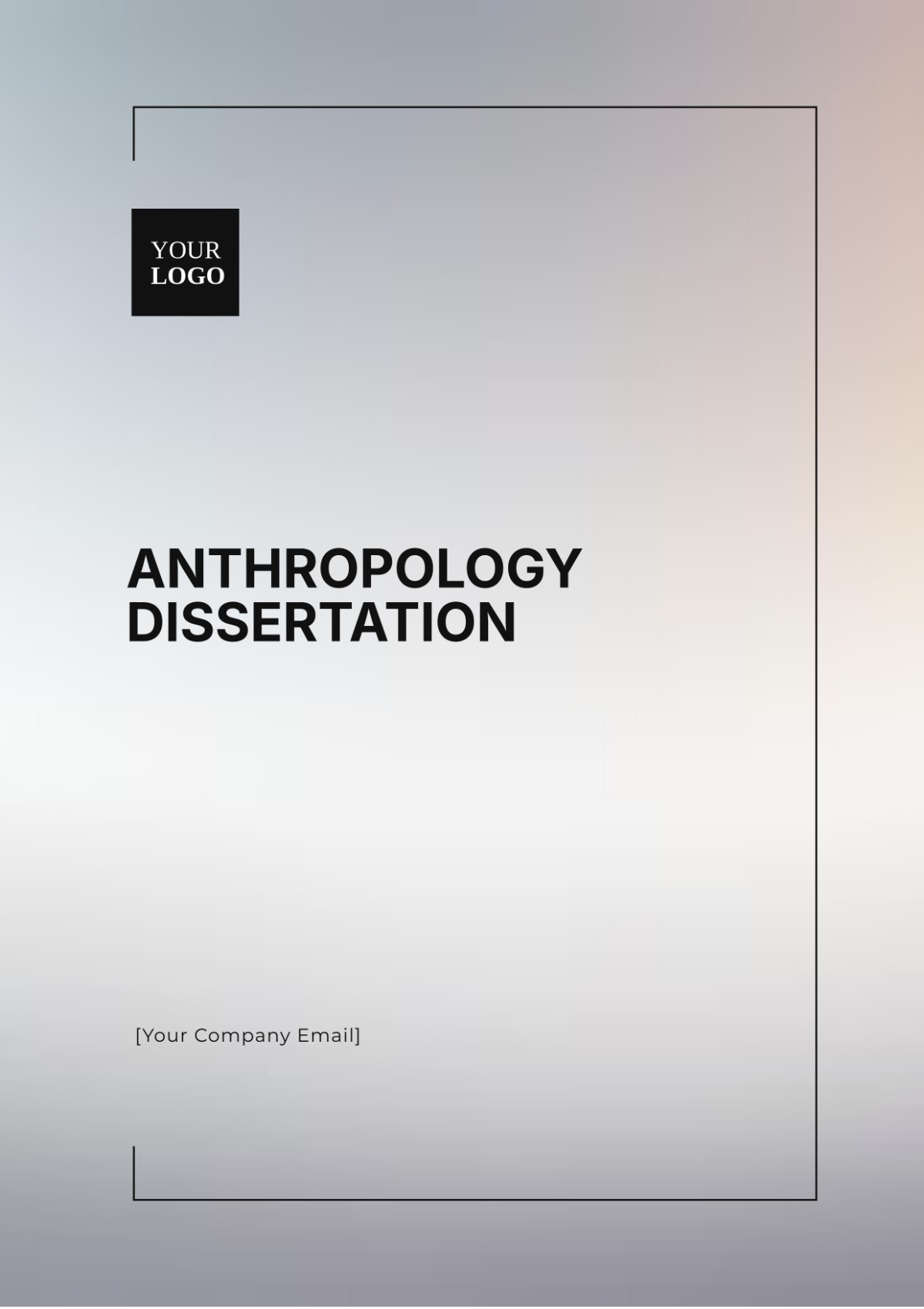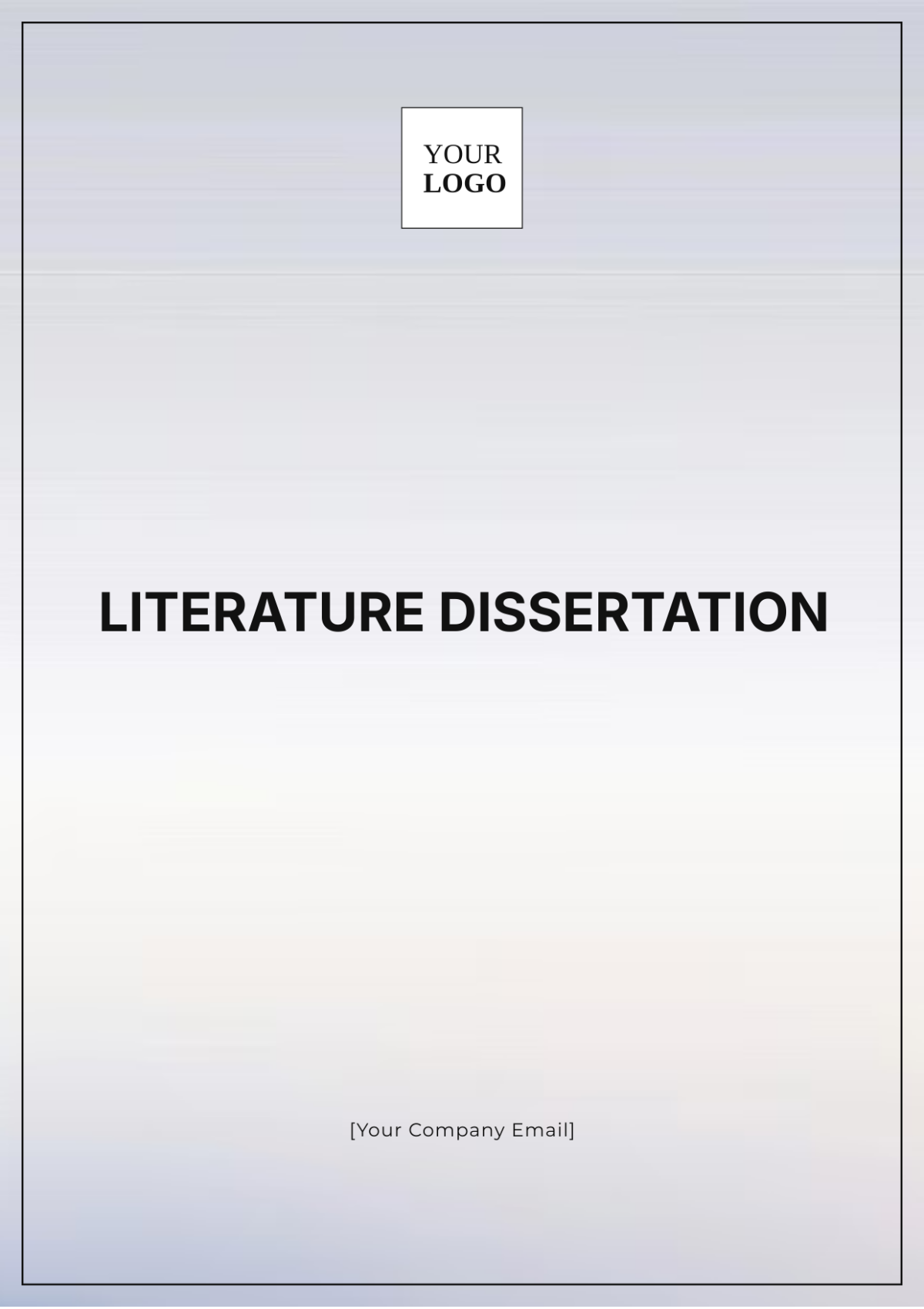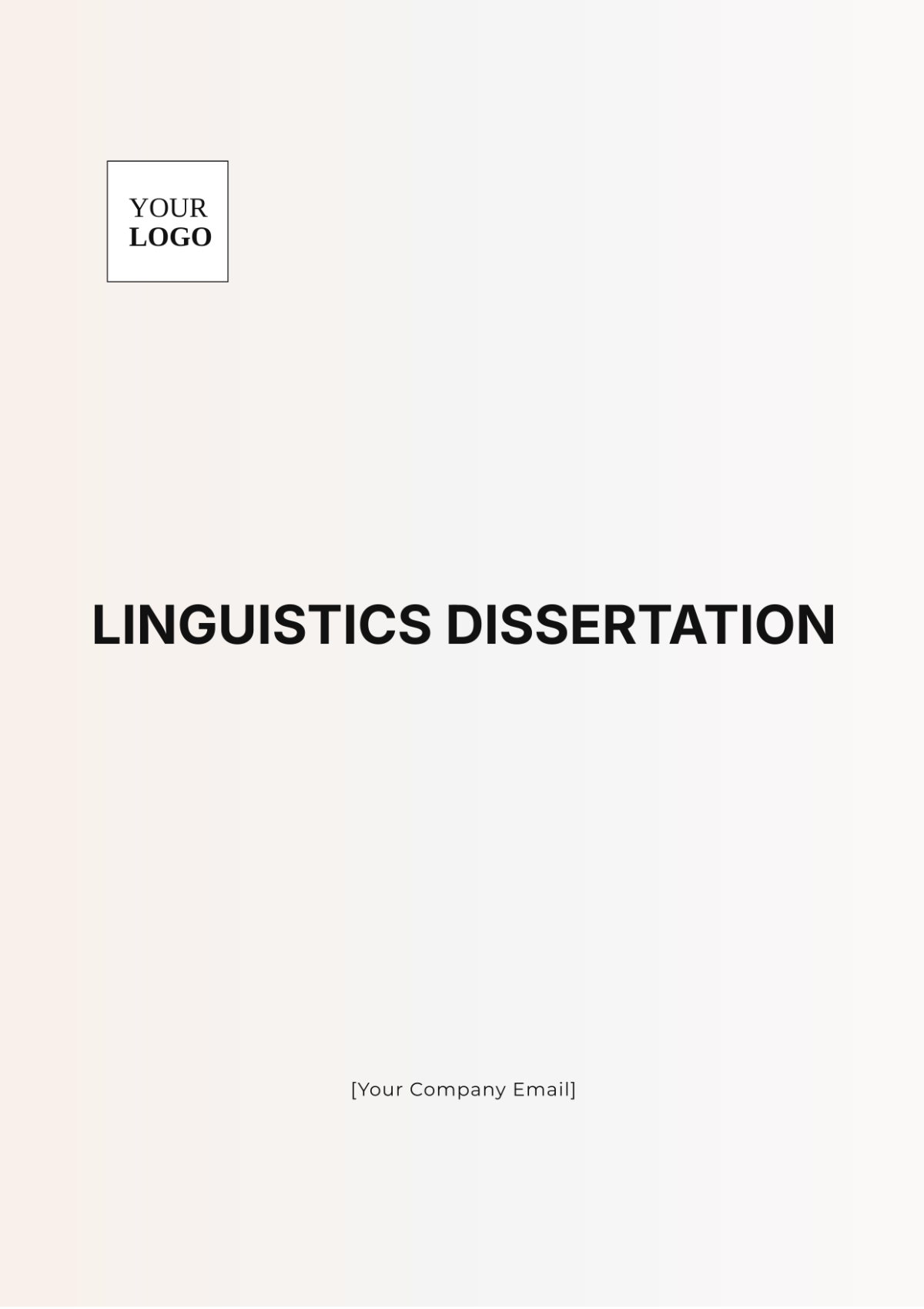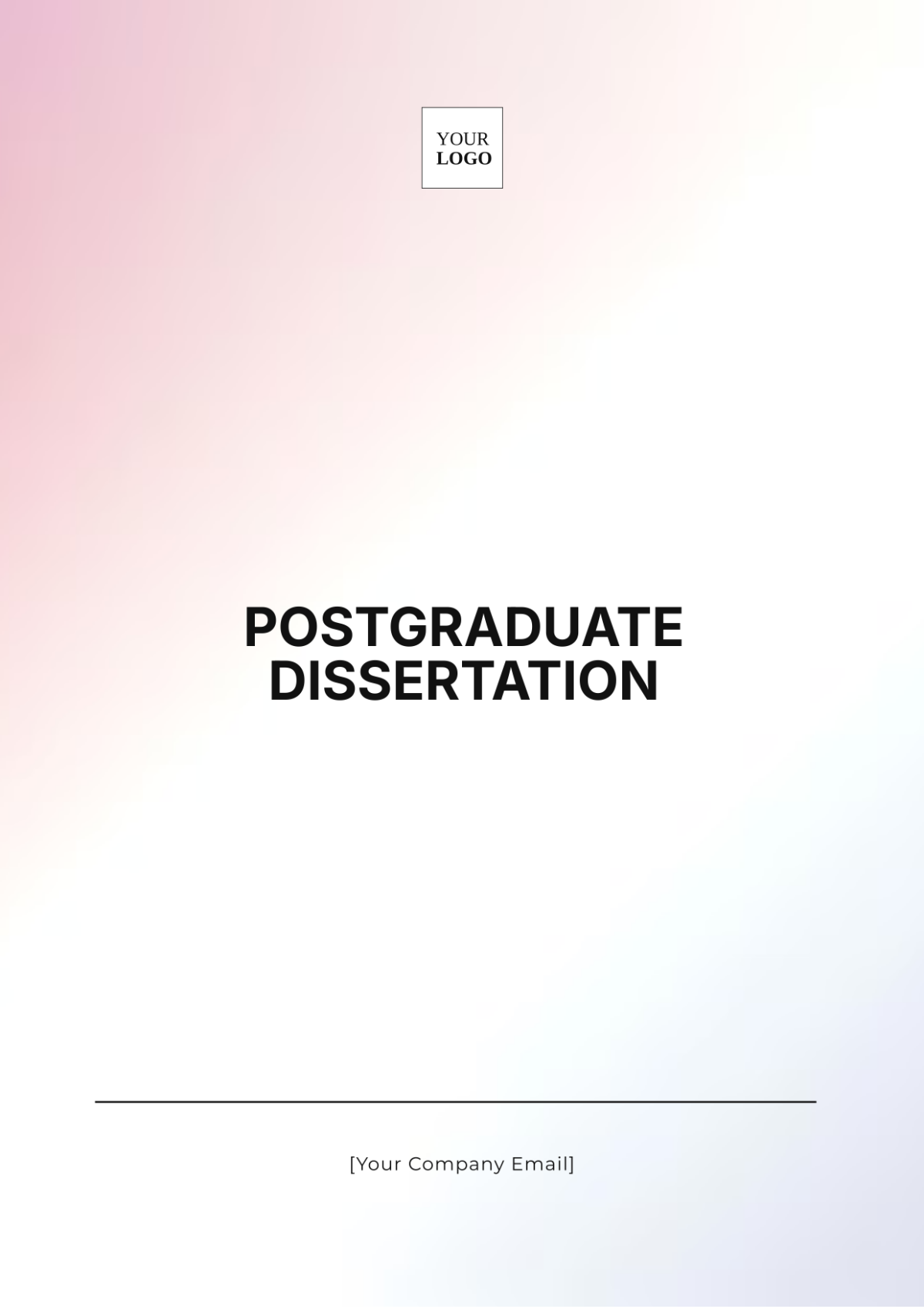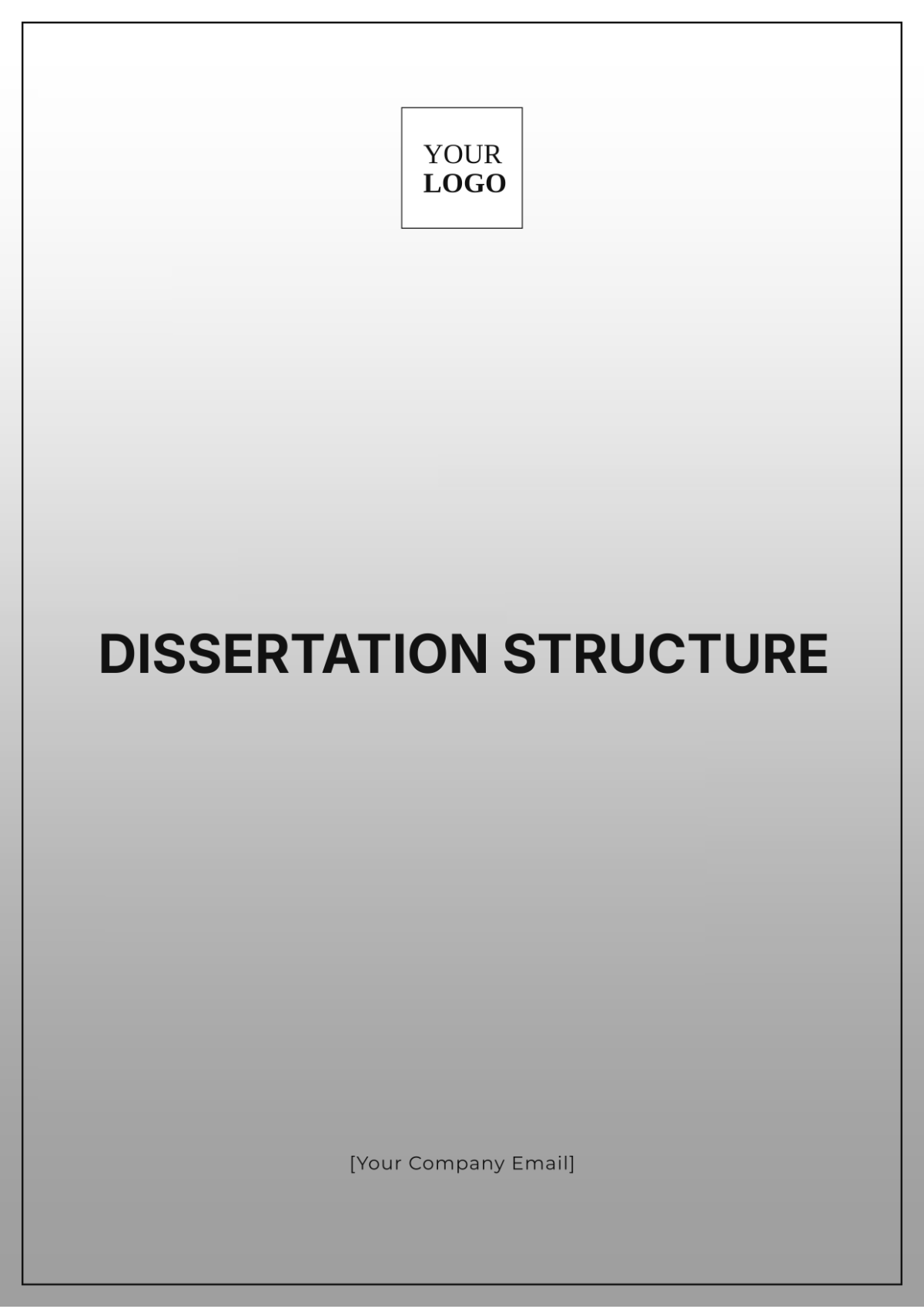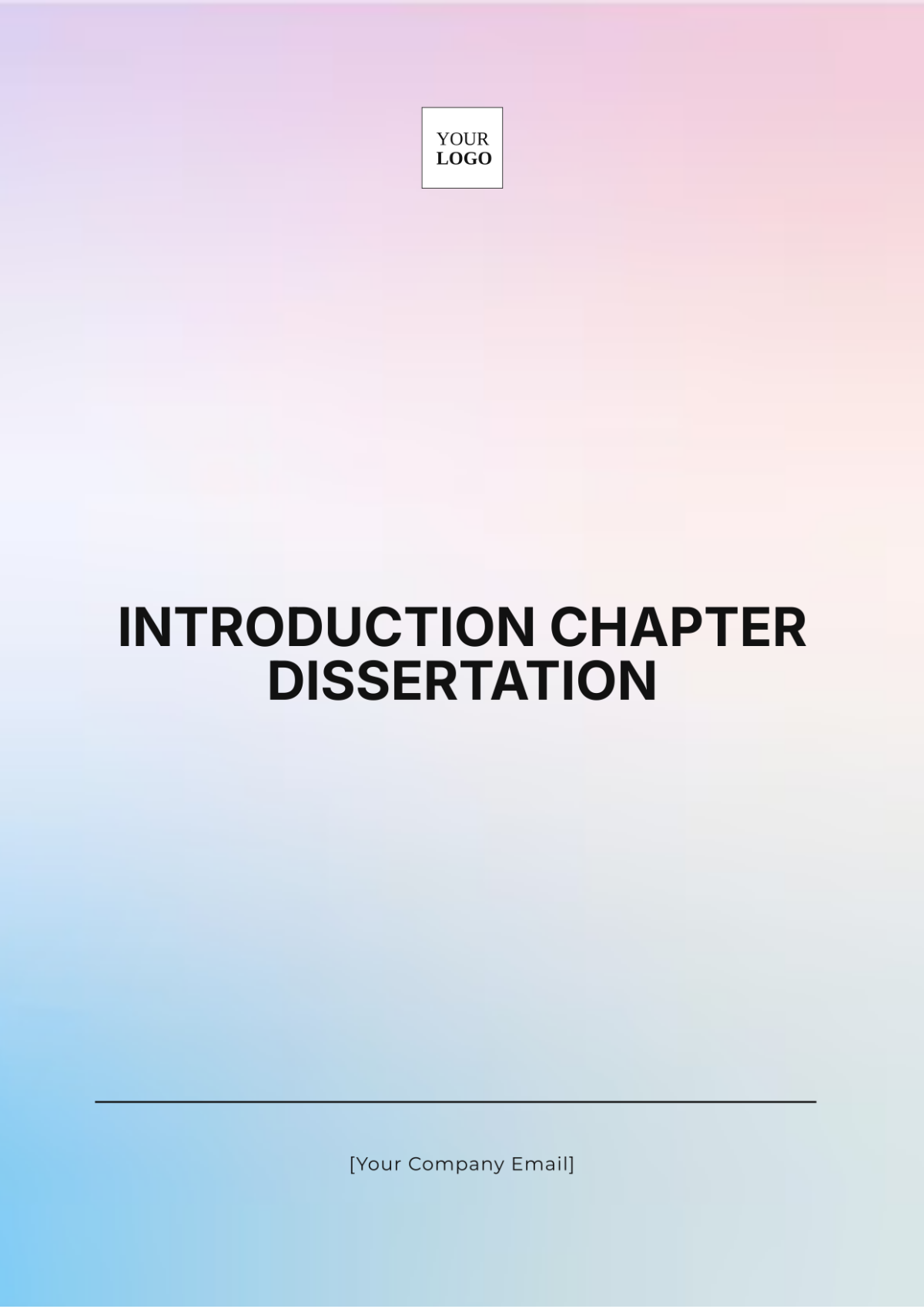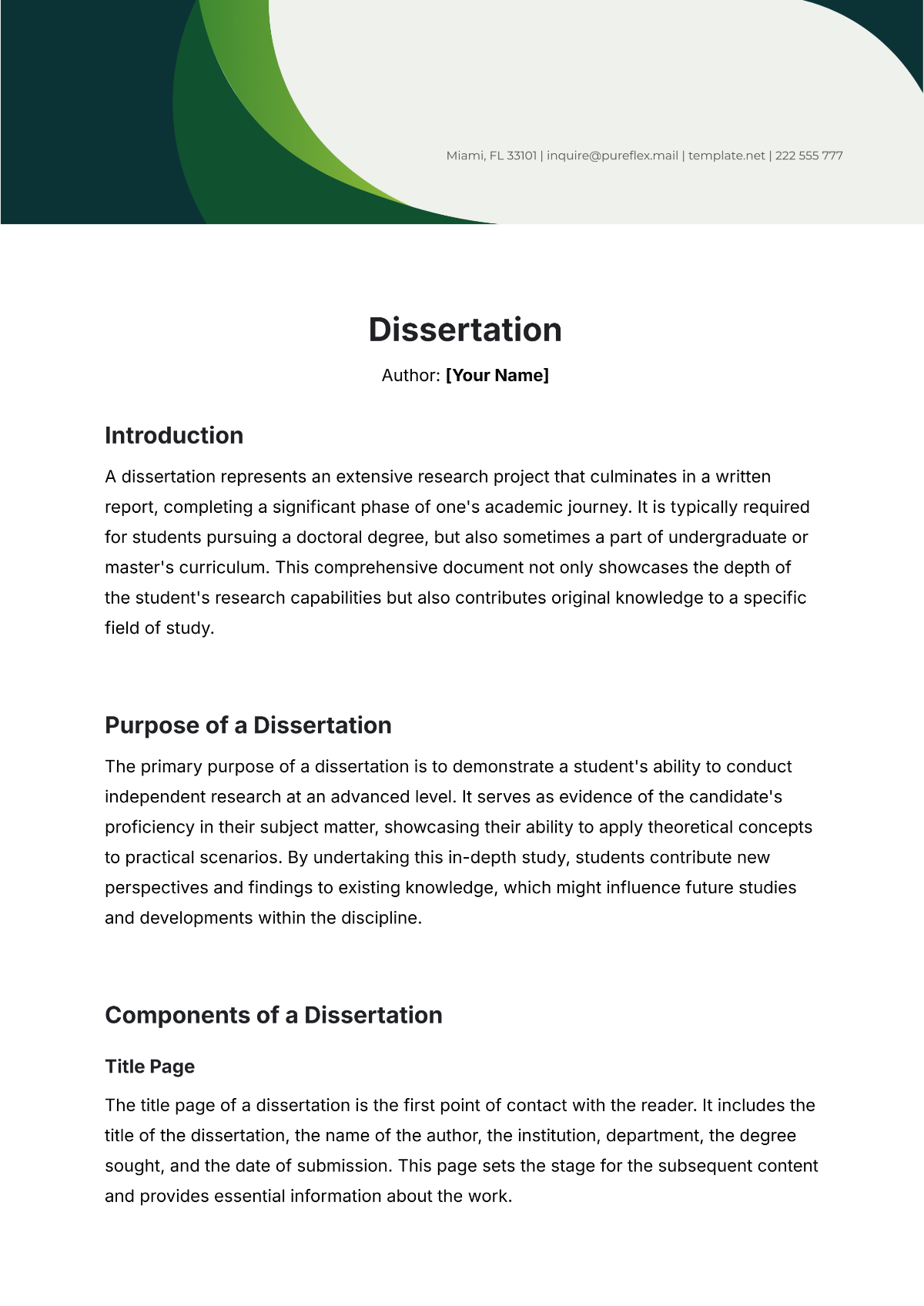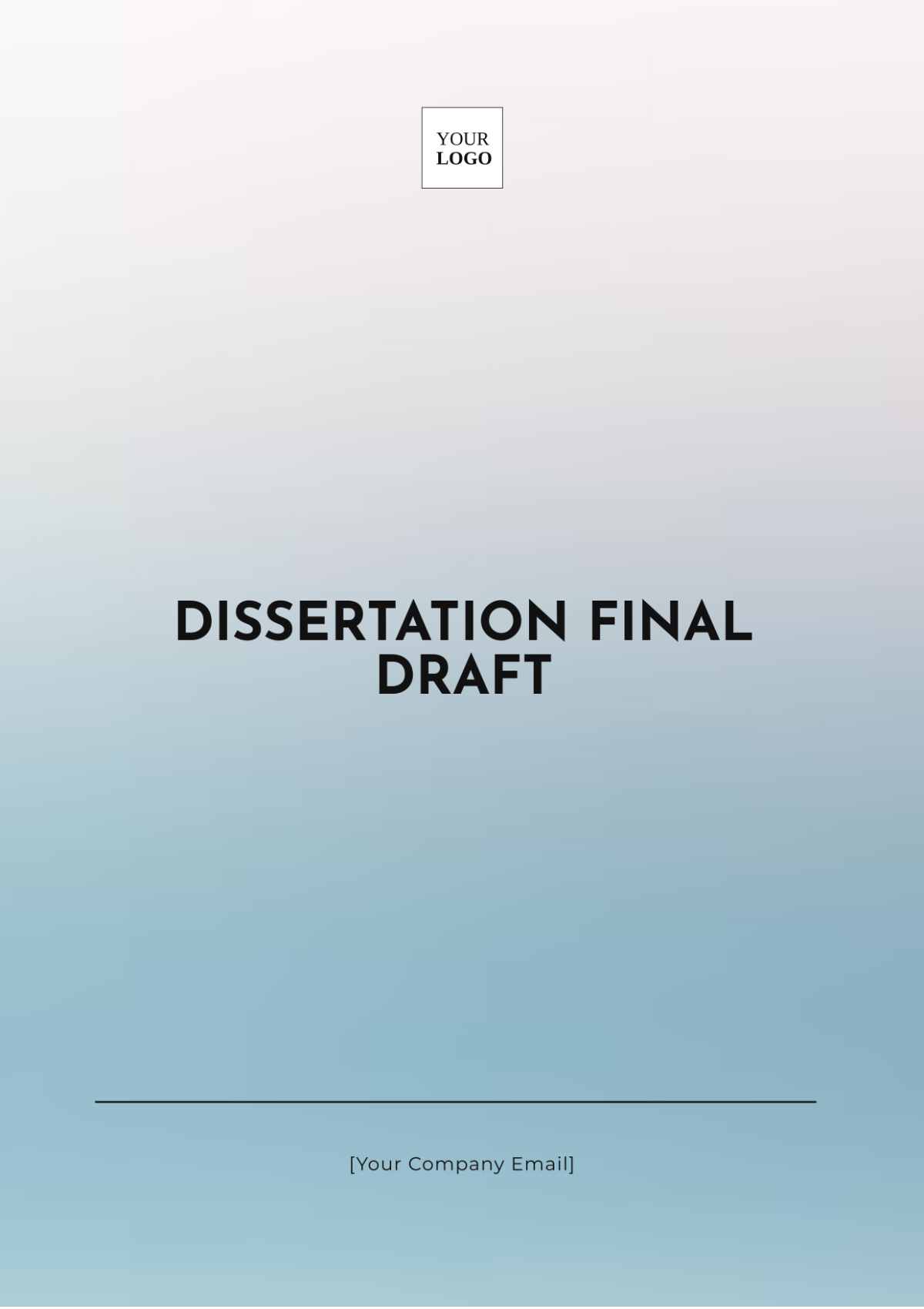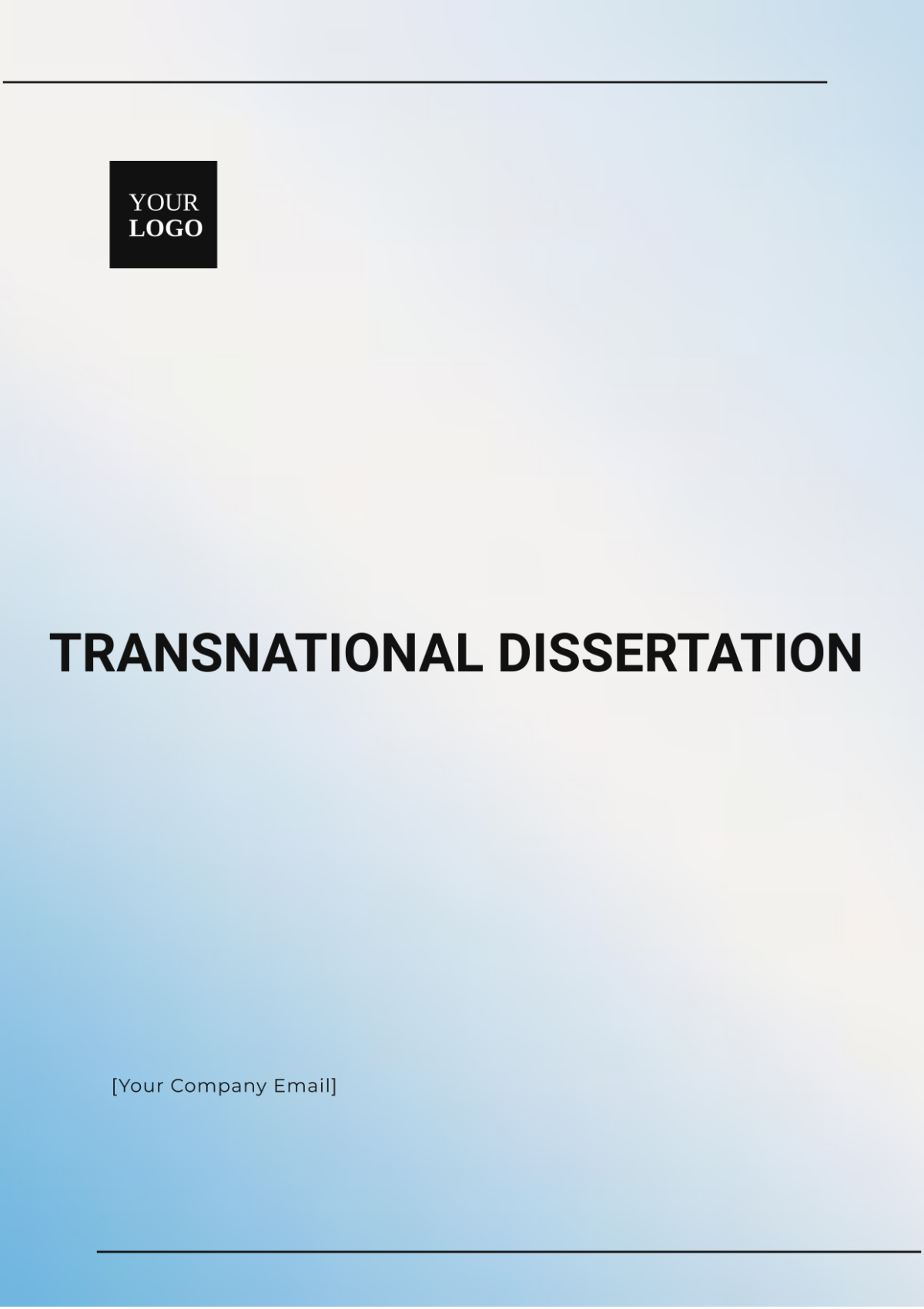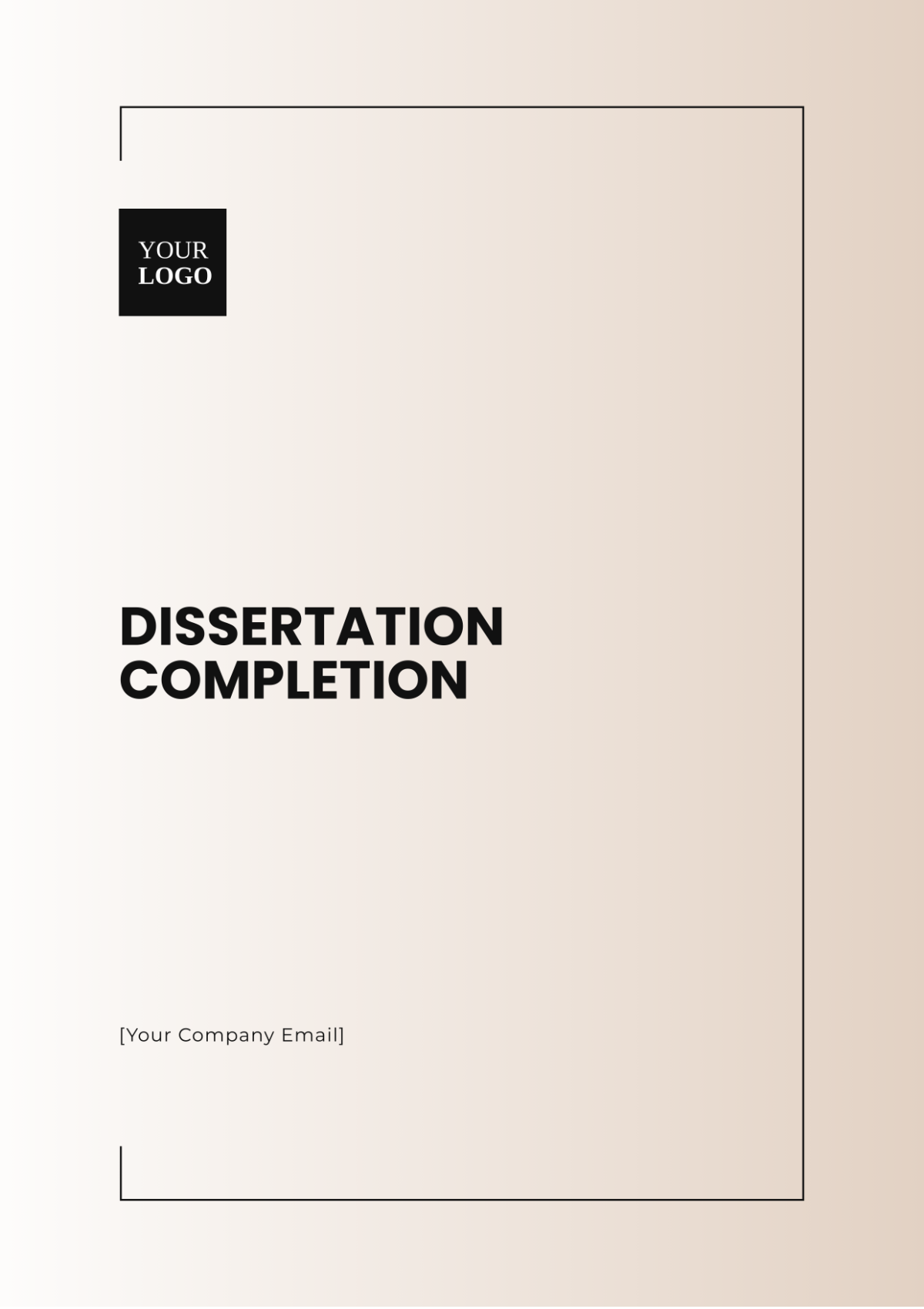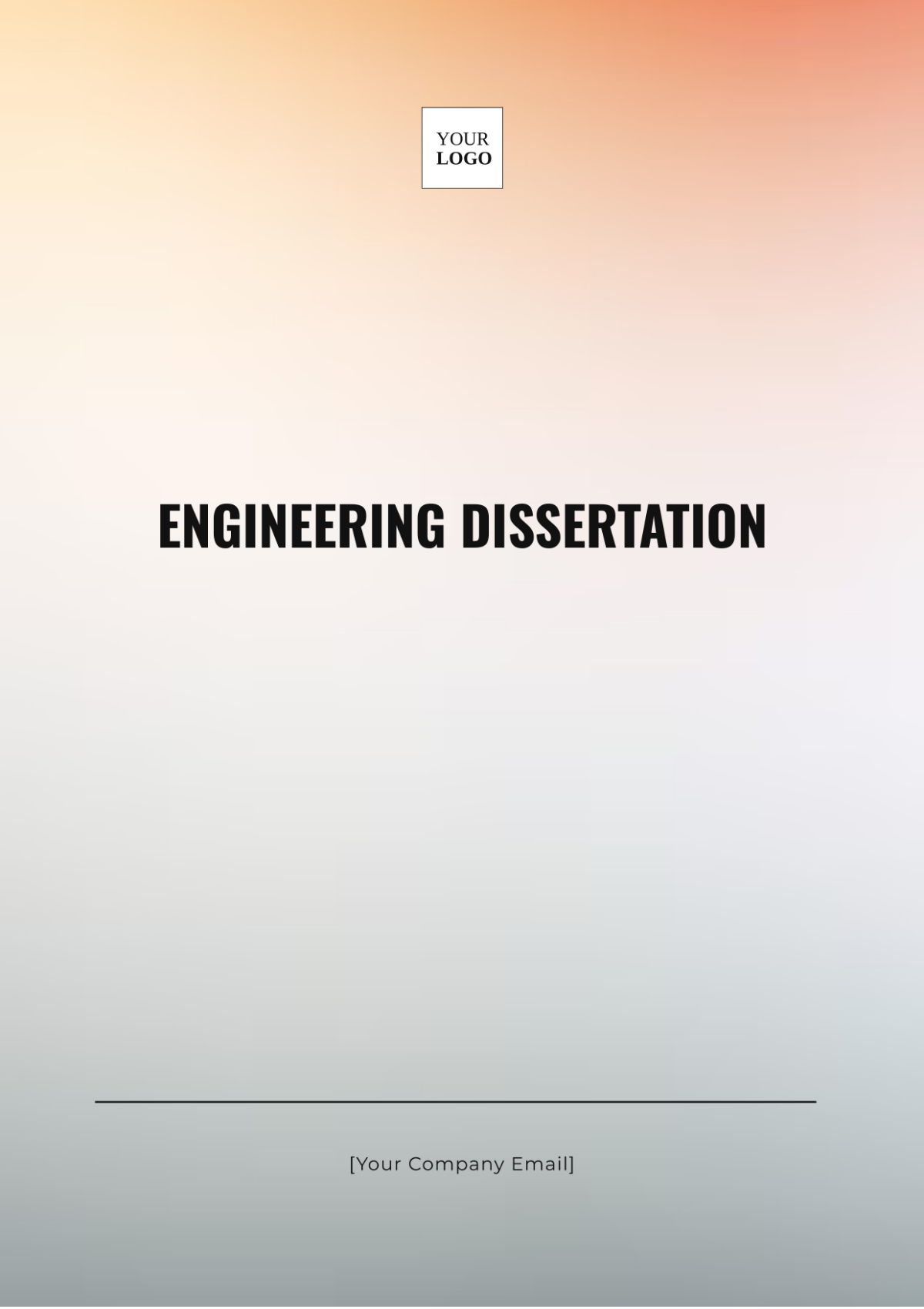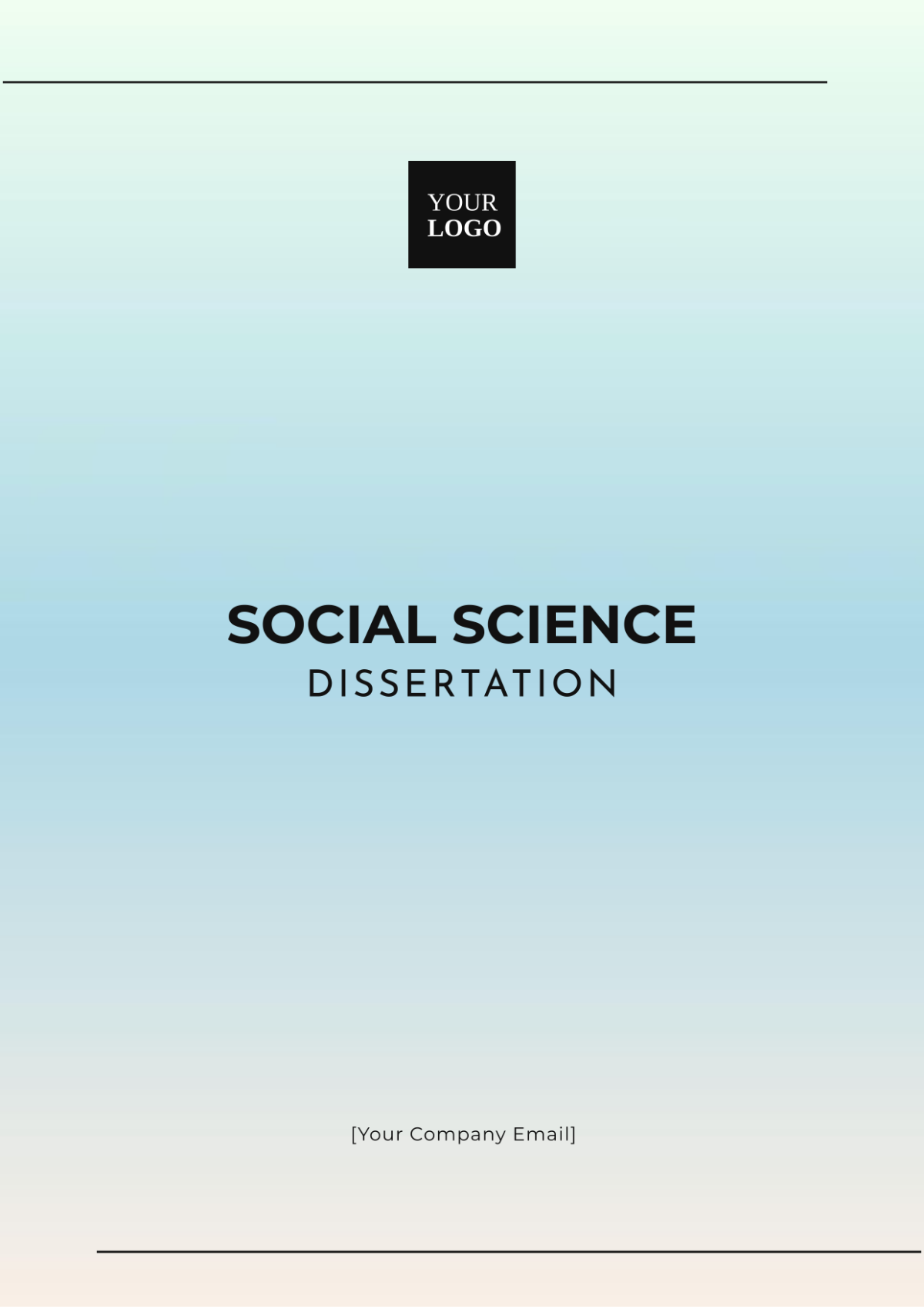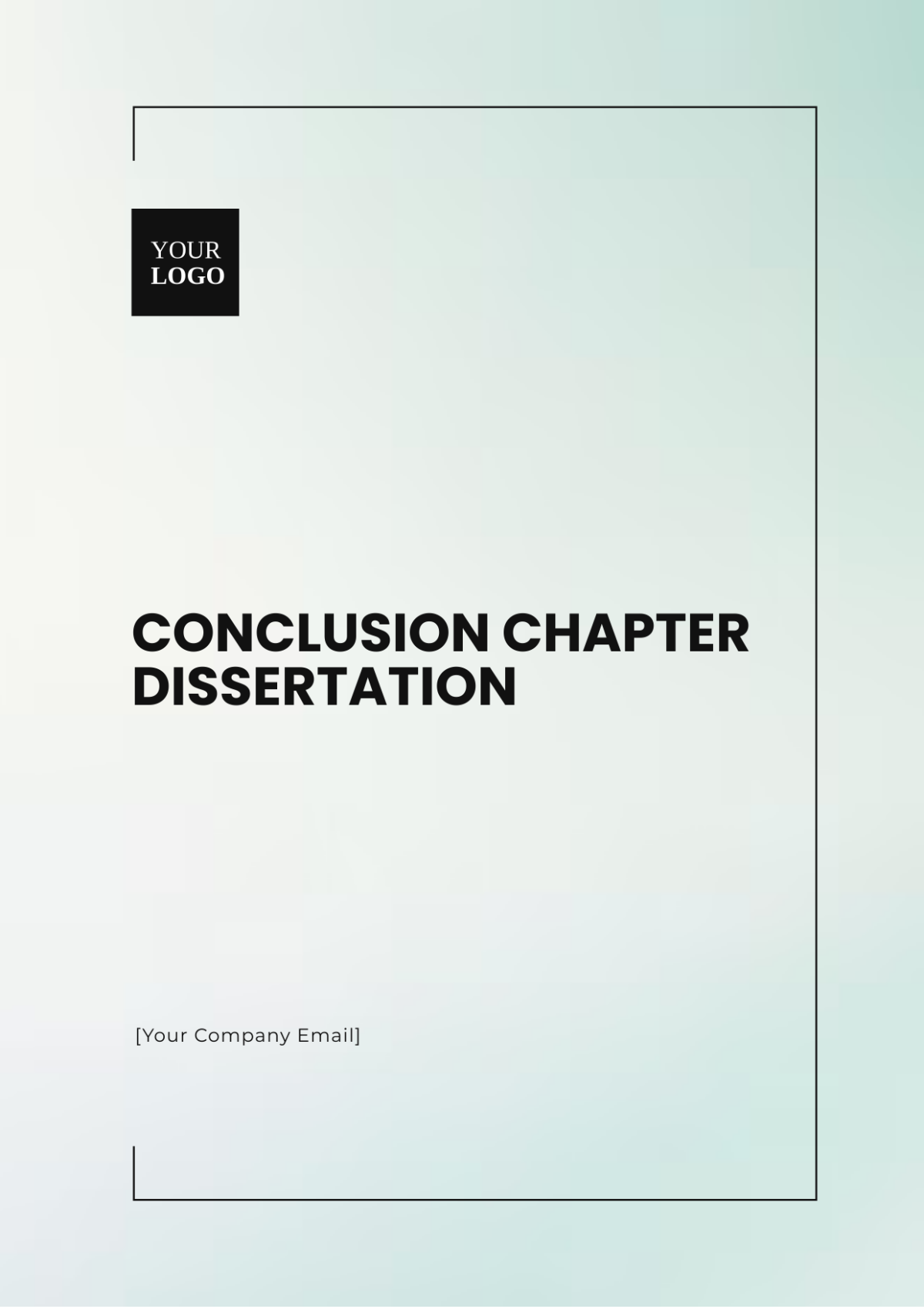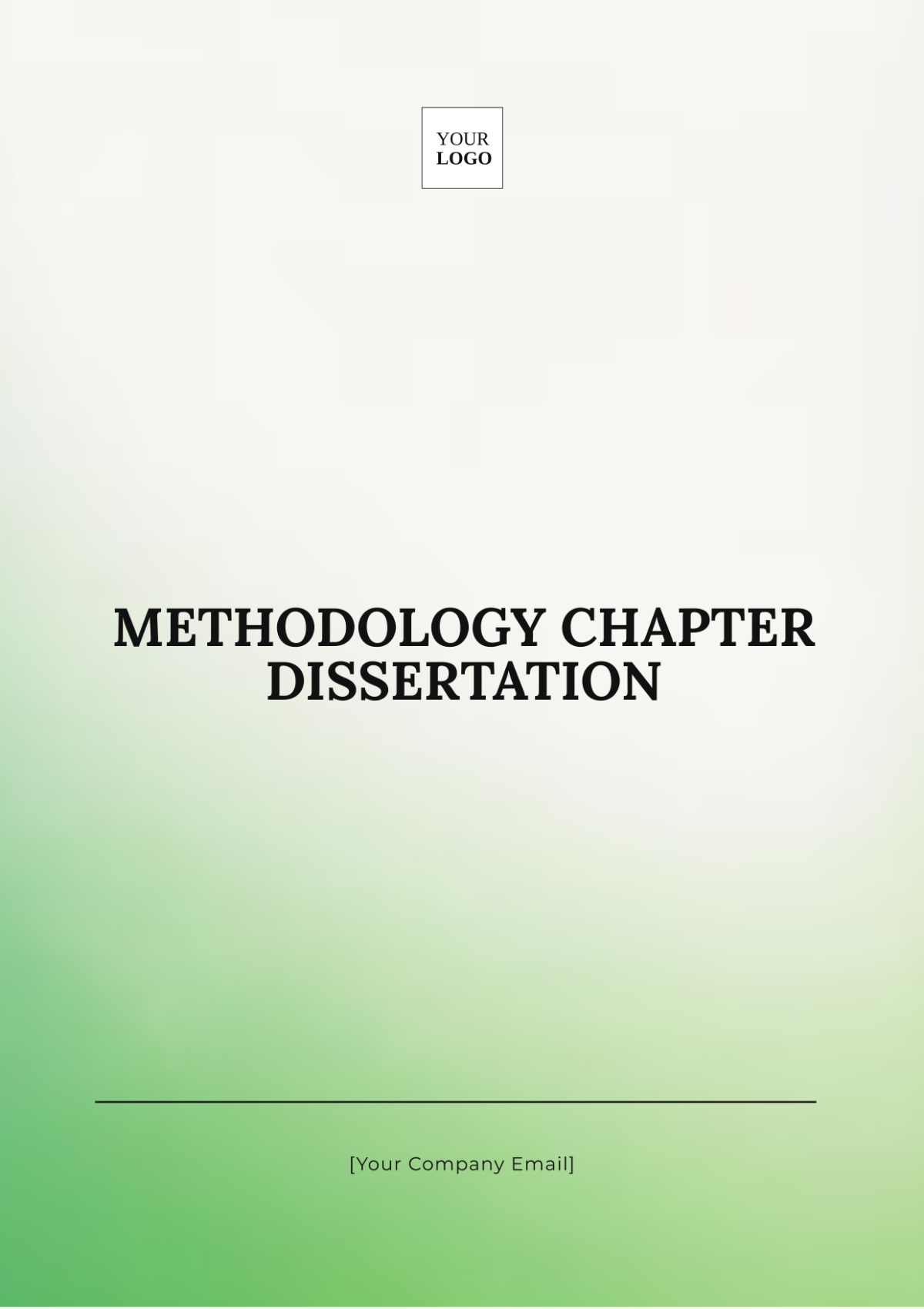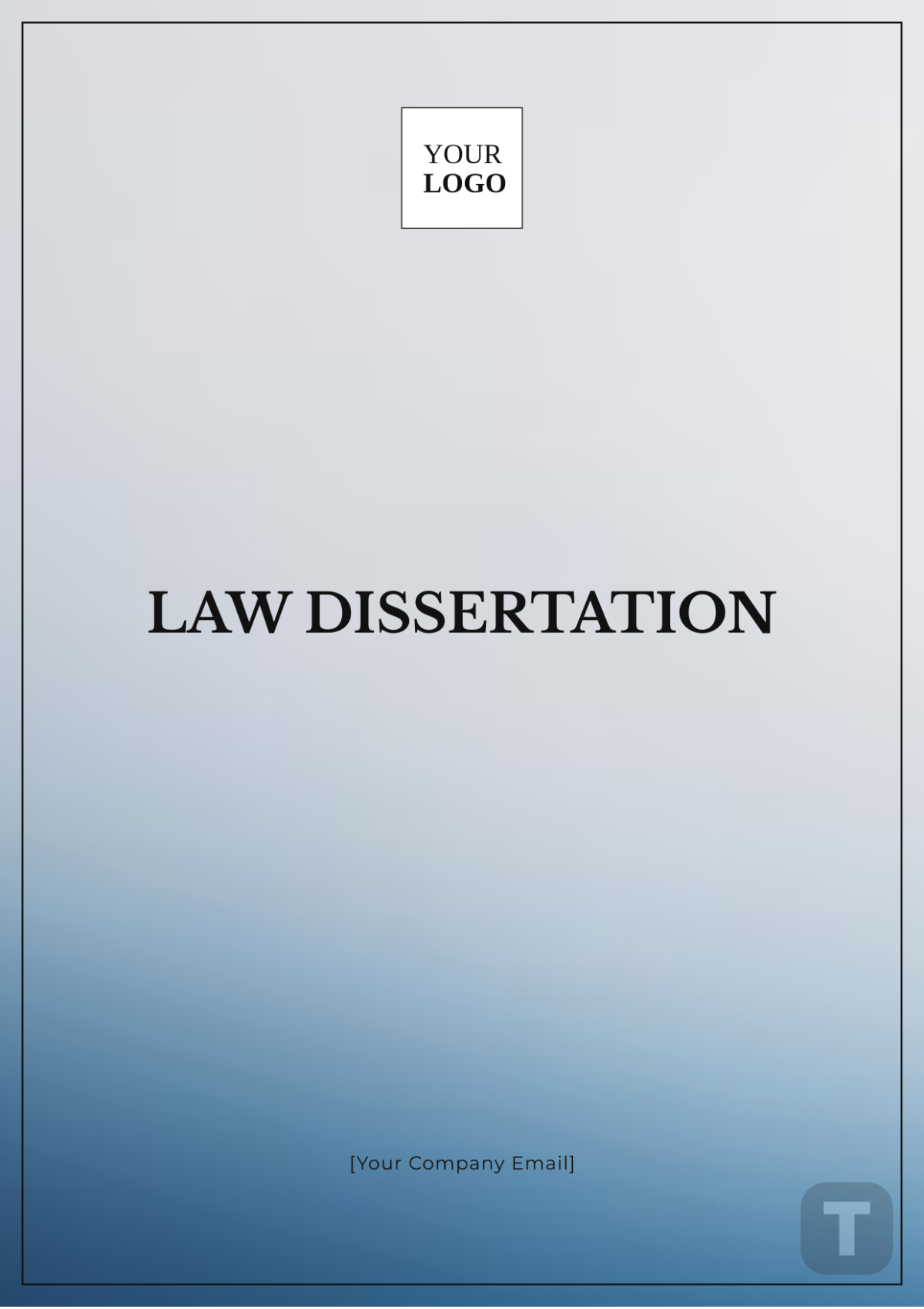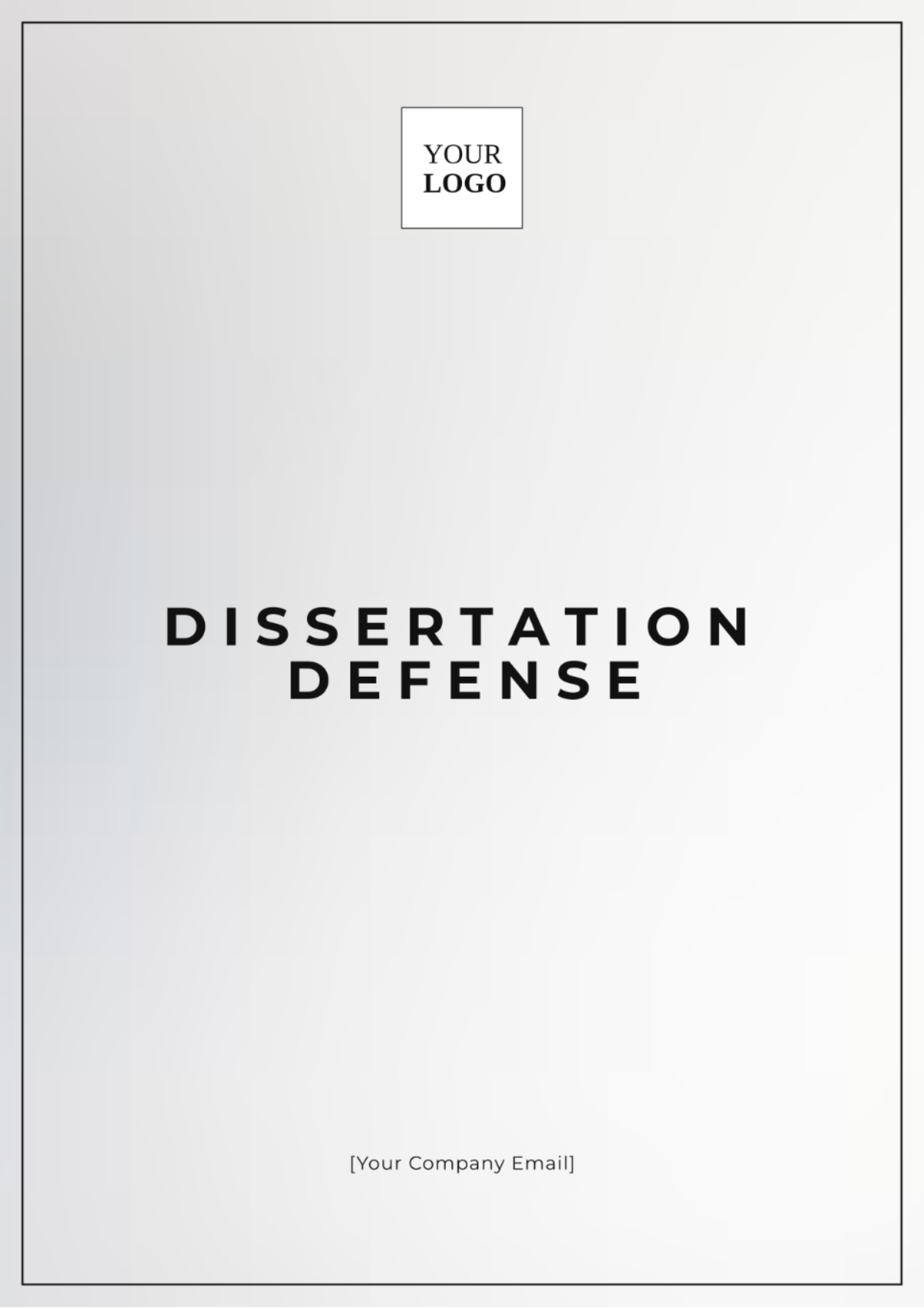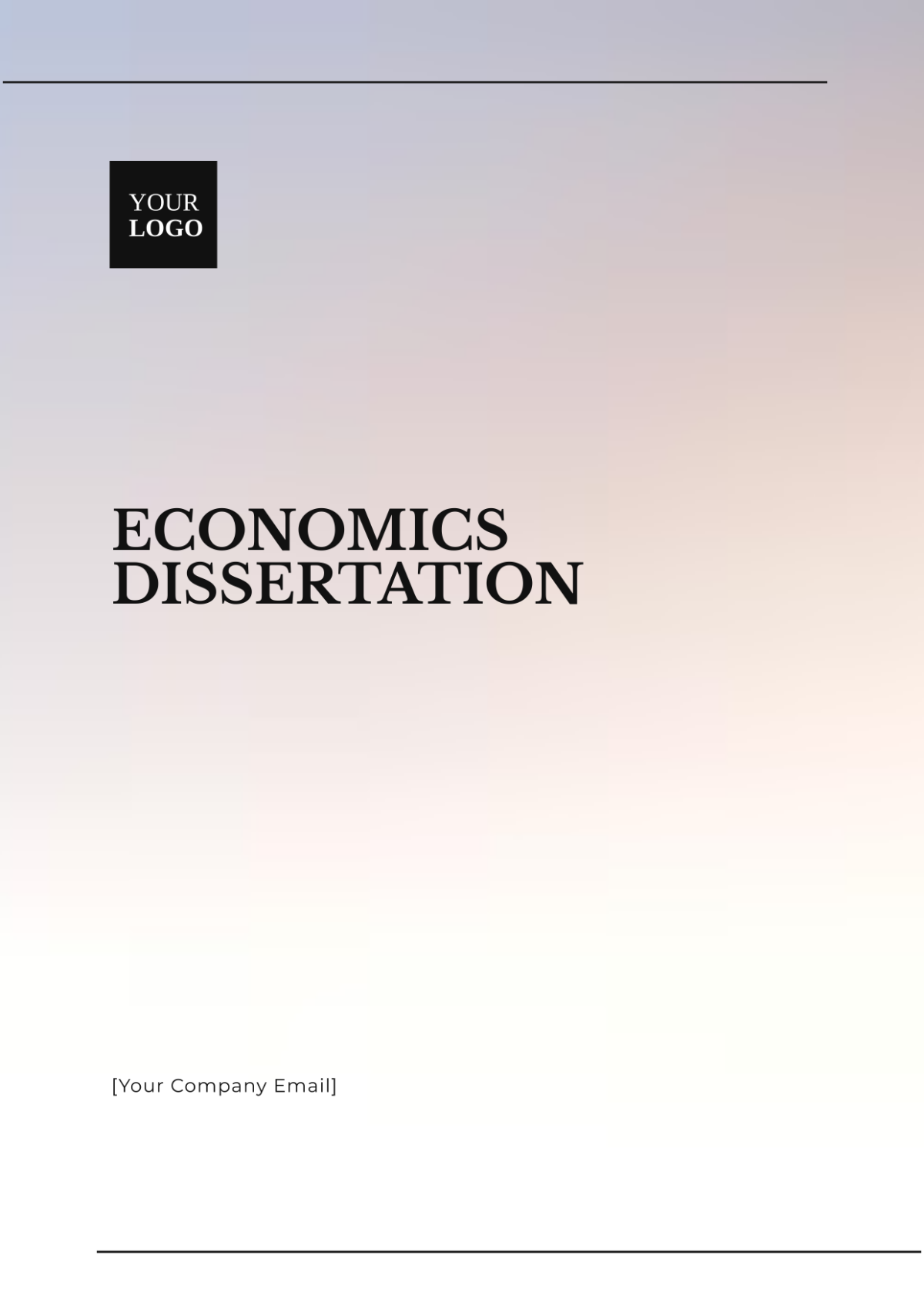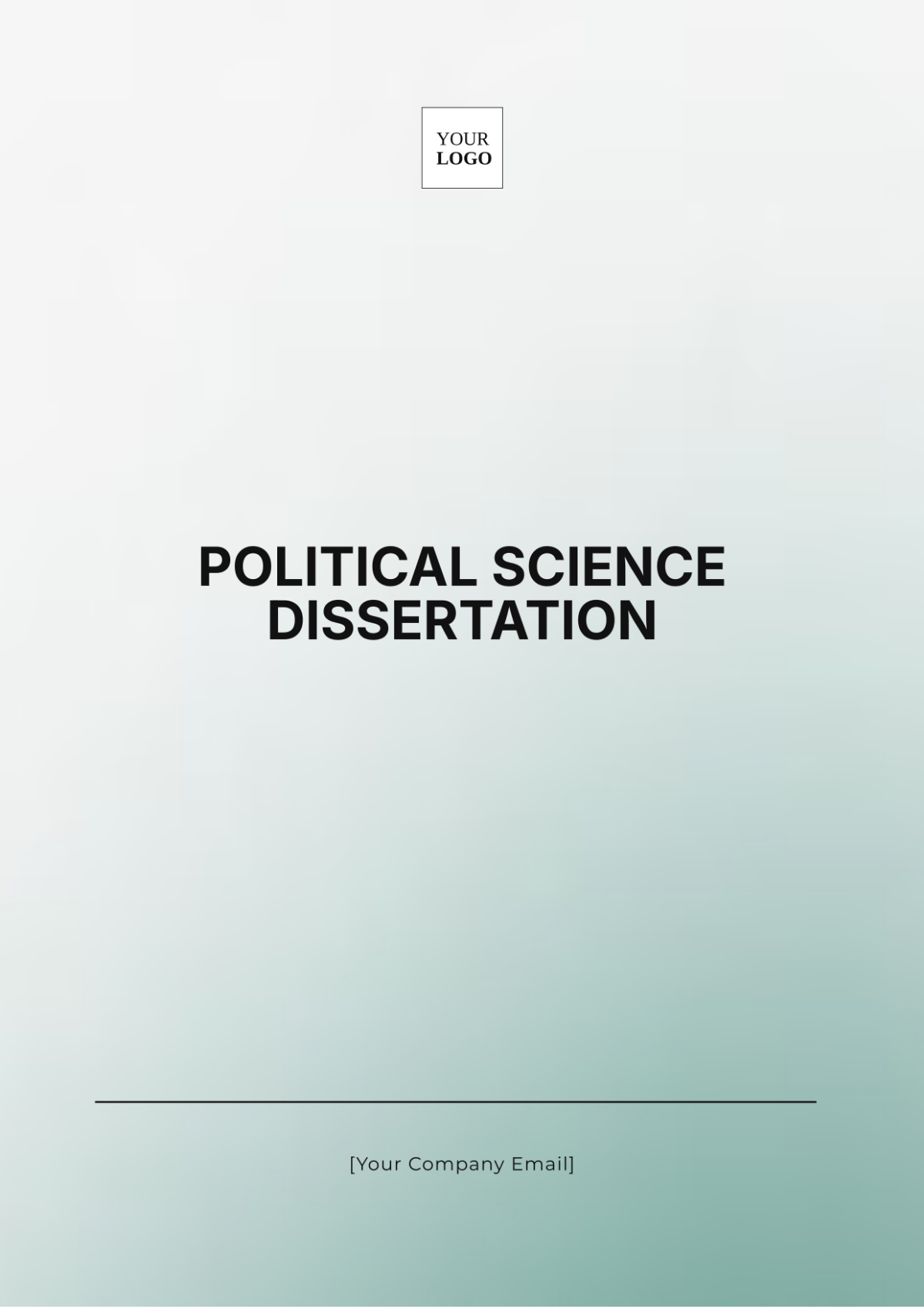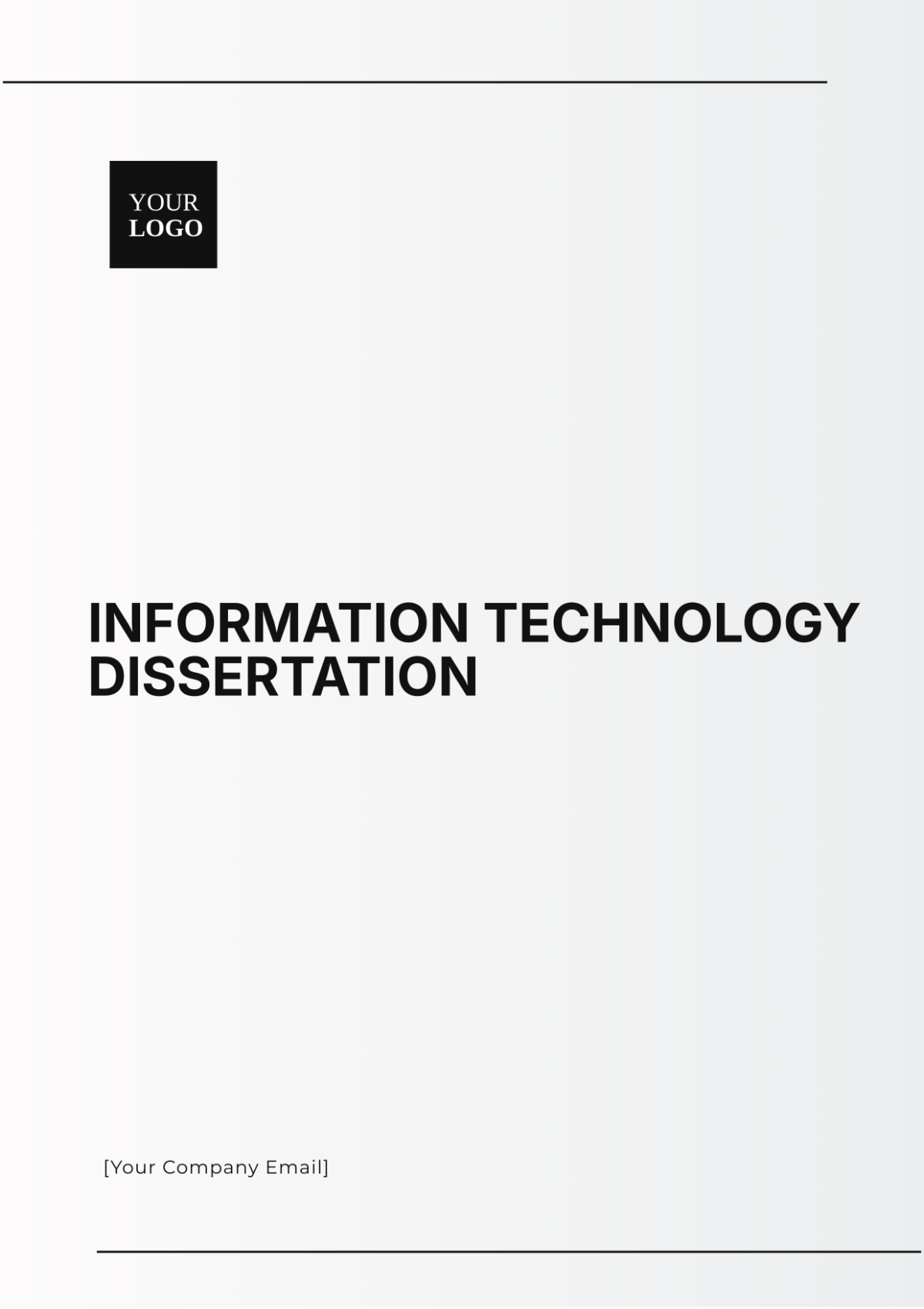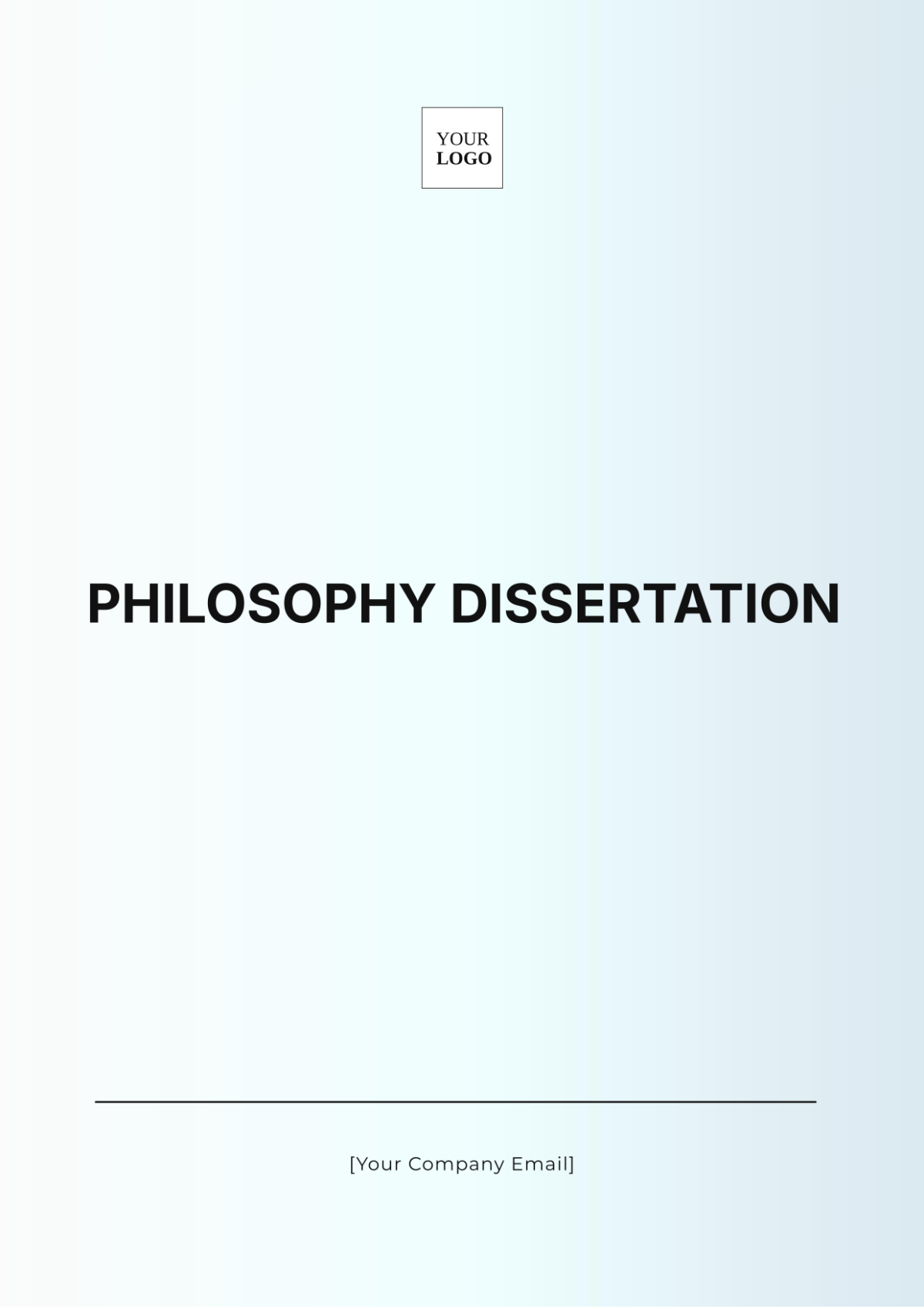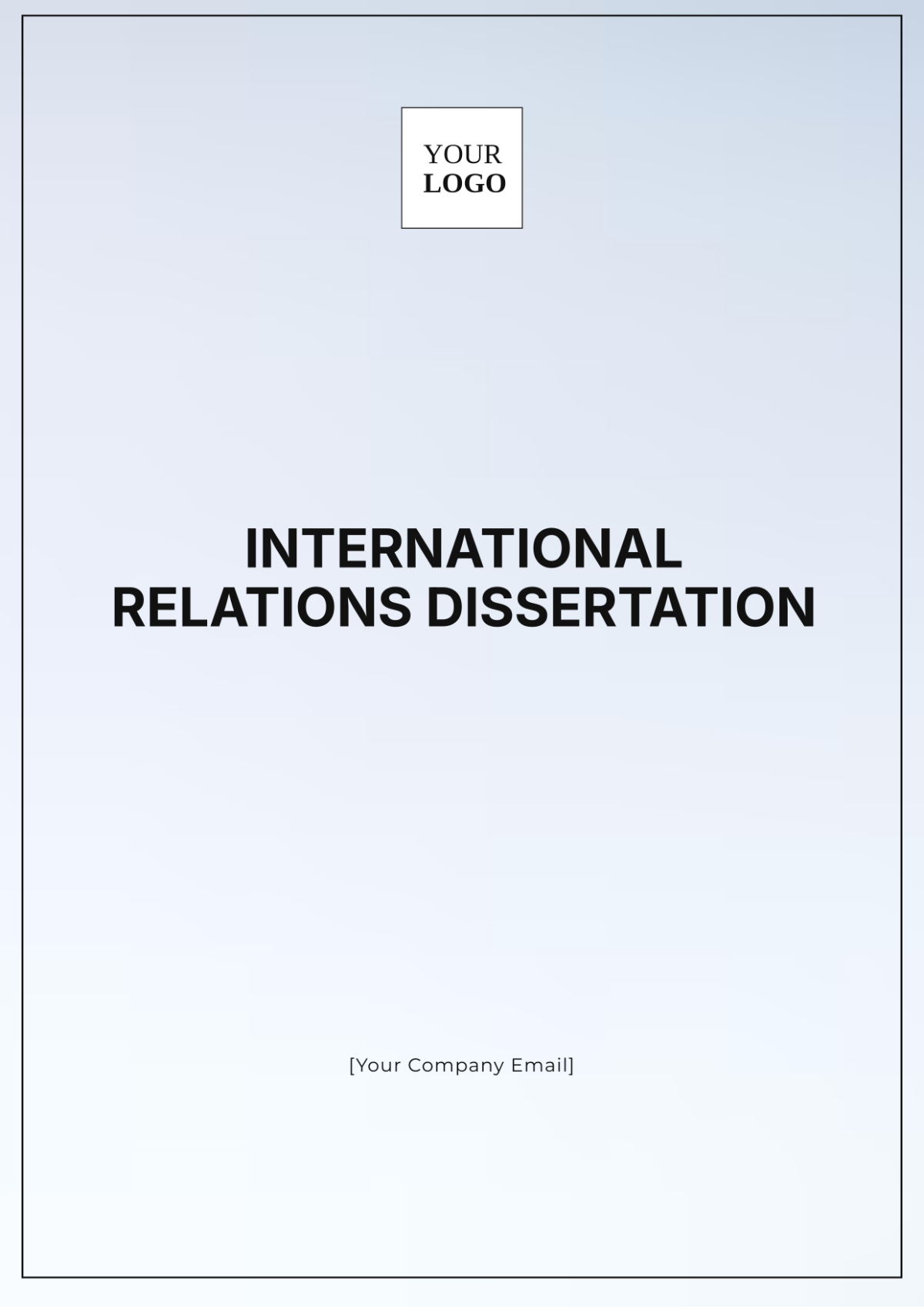Law Dissertation
Prepared by: [YOUR NAME]
Date: [DATE]
I. Abstract
This dissertation examines the evolving landscape of privacy law in the context of digital transformation. The rapid advancement of technology poses significant challenges to traditional notions of privacy, necessitating a reevaluation of legal frameworks to protect individual rights. Through comprehensive research and critical analysis, this dissertation aims to contribute to legal scholarship by exploring the tensions between innovation and individual rights and proposing balanced legal solutions that cater to the dynamic nature of digital environments.
II. Introduction
The advent of digital technologies has revolutionized various aspects of modern life, bringing about unprecedented opportunities and challenges. Among the critical areas affected is privacy law, which faces unique hurdles in safeguarding individual rights amidst technological advancements. This dissertation explores the intersection of digital innovation and privacy law, aiming to uncover the complexities and propose informed legal responses.
Research Questions
How has digital transformation impacted traditional notions of privacy?
What are the primary legal challenges in regulating privacy in a digital age?
What balanced legal frameworks can protect individual privacy without stifling innovation?
III. Literature Review
A. Historical Context
Privacy law has evolved significantly over the decades. Initially focused on physical spaces and personal communications, legal frameworks have had to adapt to new forms of interactions introduced by the internet and digital technologies.
B. Impact of Digital Transformation
The digital age has amplified traditional privacy concerns and introduced new challenges, such as data breaches, surveillance, and the commodification of personal information. Scholars have debated the adequacy of existing legal frameworks in addressing these issues.
IV. Methodology
A. Research Design
This dissertation employs a mixed-methods approach, combining qualitative and quantitative research. The qualitative aspect involves an analysis of case law, statutes, and academic literature, while the quantitative component includes structured surveys and statistical analysis to gauge public perception and the effectiveness of current privacy laws.
B. Data Collection
Case law analysis
Review of statutory frameworks
Structured Surveys
Academic Literature Review
V. Analysis and Findings
A. Case Law Analysis
The analysis of landmark cases reveals a trend toward recognizing digital privacy as a fundamental right. However, inconsistencies in judicial interpretations pose challenges to forming a cohesive legal doctrine.
Case | Issue | Judgment |
|---|---|---|
Riley v. California | Search and Seizure of Digital Data | Warrant required for mobile phone searches |
Google Spain SL v. Agencia Española de Protección de Datos | Right to be Forgotten | Search engines must remove personal data upon request |
B. Survey Results
Structured surveys conducted among a diverse demographic reveal growing concerns about digital privacy. Most respondents expressed the need for stronger legal protections, reflecting the perceived inadequacy of current frameworks.
80% of respondents are concerned about data breaches.
75% believe that existing privacy laws are insufficient.
65% support the introduction of a comprehensive digital privacy law.
C. Challenges in Regulatory Frameworks
The analysis identifies several key challenges:
Diverse Jurisdictional Standards: Variations in privacy laws across jurisdictions complicate enforcement and compliance.
Technological Neutrality: Ensuring that laws remain relevant amidst rapidly evolving technologies.
Balancing Innovation: Crafting laws that protect privacy without hindering technological advancement.
VI. Proposed Legal Frameworks
A. Comprehensive Privacy Legislation
Proposing a unified legislative framework that encompasses various aspects of digital privacy, drawing on best practices from existing laws such as the GDPR (General Data Protection Regulation) and CCPA (California Consumer Privacy Act).
B. Technological Adaptability
Suggesting mechanisms for periodic reviews and updates to privacy laws, ensuring they remain relevant in the face of technological advancements.
C. Global Harmonization
Advocating for international cooperation in harmonizing privacy laws to address jurisdictional challenges, potentially through treaties or multinational agreements.
VII. Conclusion
The digital transformation has fundamentally altered the landscape of privacy law, necessitating a reevaluation of existing legal frameworks. This dissertation underscores the need for balanced solutions that protect individual rights while fostering innovation. By proposing comprehensive, adaptable, and globally harmonized legal frameworks, this work aims to contribute to the effective regulation of privacy in the digital age.
VIII. References
Riley v. California, 573 U.S. 373 (2050).
Supreme Court case requiring a warrant for mobile phone searches.
Google Spain SL v. Agencia Española de Protección de Datos, C-131/12 (2050).
EU ruling on the "right to be forgotten."
